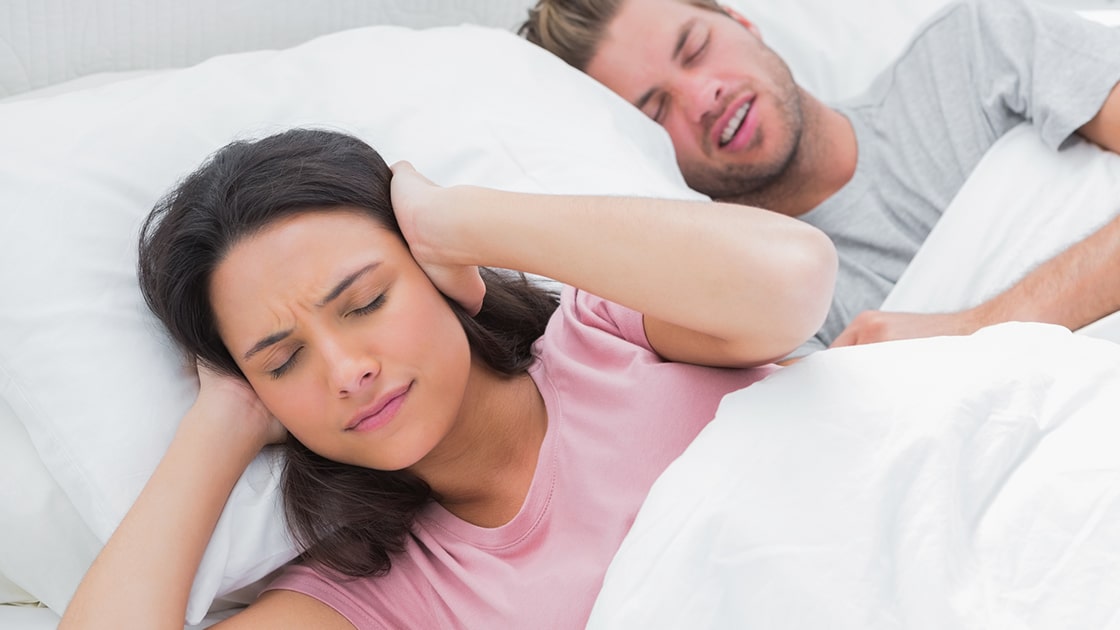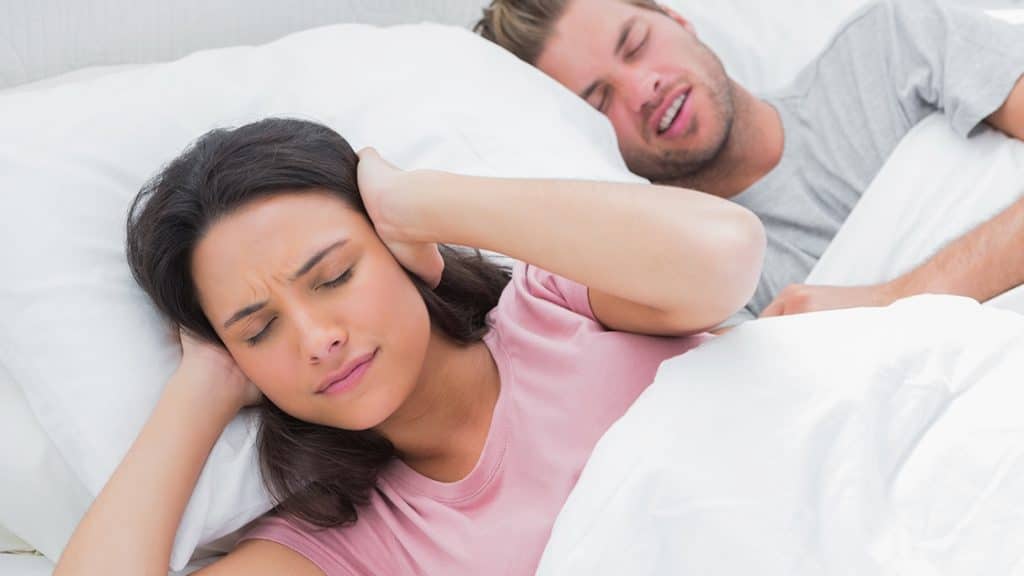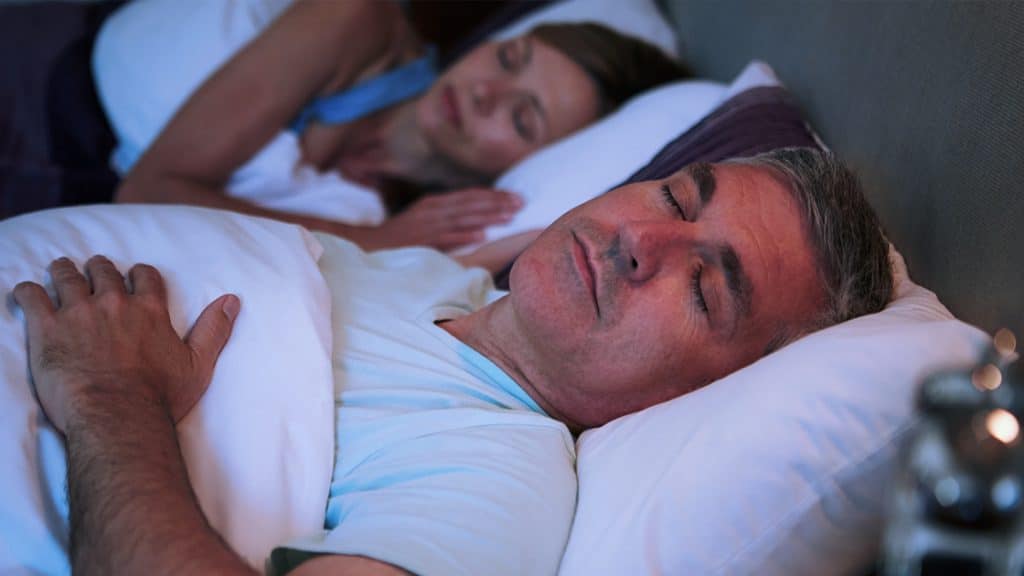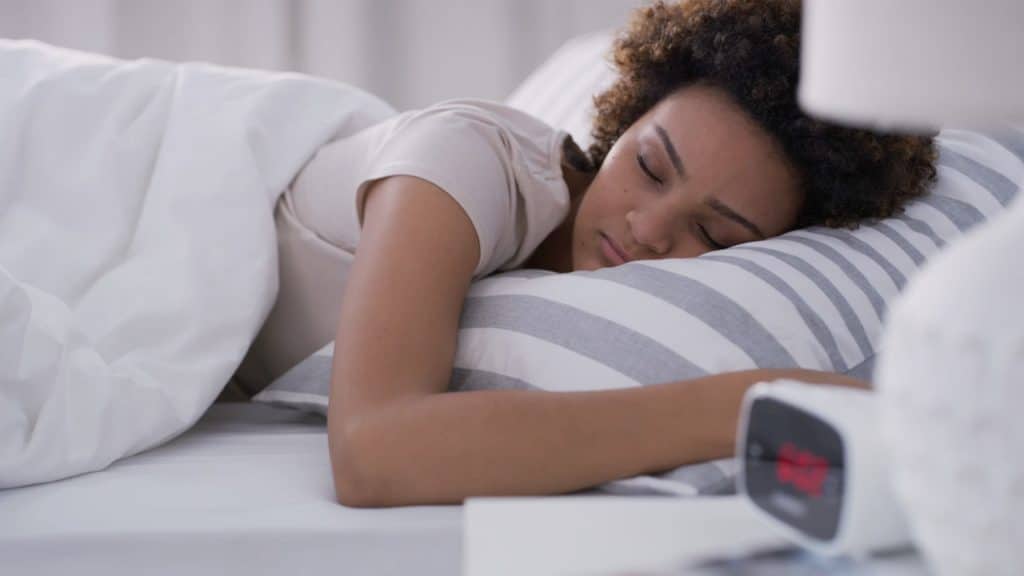
Sleep Study Near Me Bergen County NJ
Staring at the ceiling at 3 AM, wondering why sleep is so elusive? Do you wake up feeling more exhausted than when you went to bed, despite a full night under the covers? If this sounds familiar, you’re not alone. Millions struggle with sleep disorders, missing the restorative rest their bodies need.
The nightly battle with sleep impacts more than just your energy. Poor sleep quality affects every aspect of your life, from your concentration at work to your personal relationships. Persistent sleep problems often signal underlying disorders that require professional evaluation.
A comprehensive sleep study is the most effective way to understand and resolve your sleep challenges. This non-invasive tool gives healthcare professionals in Bergen County NJ detailed insights into your body’s activity during sleep, revealing the root causes of restless nights. By identifying specific sleep disorders, you can access targeted treatments to restore your natural sleep patterns and improve your quality of life.
Understanding the Signs: When to Consider a Sleep Study
Beyond Simple Tiredness
Everyone experiences occasional tiredness, but chronic sleep problems create persistent exhaustion that affects daily functioning. When fatigue becomes your constant companion despite regular sleep schedules, consider whether an underlying sleep disorder might be responsible. This chronic exhaustion doesn’t improve with weekend catch-up sleep or lifestyle adjustments, often worsening over time without proper intervention.
Key Physical Symptoms
Physical symptoms during sleep provide the clearest indicators for sleep study necessity. Loud, consistent snoring with observed breathing interruptions can signal obstructive sleep apnea, one of the most common sleep disorders. Frequent morning headaches, dry mouth upon waking, and night sweats indicate your body struggles maintaining proper oxygen levels throughout the night, requiring professional evaluation.
Daytime Indicators of Poor Sleep
Poor sleep impact extends beyond nighttime hours, manifesting in daytime symptoms many don’t immediately connect to sleep disorders. Difficulty concentrating, memory problems, and decreased work productivity often stem from fragmented sleep patterns. Increased irritability, mood swings, and persistent inappropriate napping urges indicate significantly compromised sleep quality, warranting professional assessment through comprehensive sleep study.
What is a Sleep Study (Polysomnography)?
A Comprehensive Health Assessment
Sleep studies, medically known as polysomnography, provide comprehensive, non-invasive assessments that monitor multiple bodily functions throughout your entire sleep cycle. This sophisticated diagnostic tool enables healthcare professionals to observe precisely what occurs in your body during sleep, delivering objective data about sleep patterns, breathing, and overall sleep quality.
The Science of Sleep Monitoring
Advanced monitoring equipment tracks numerous physiological parameters simultaneously during your sleep study, creating a complete picture of your sleep architecture. Brain wave activity through electroencephalography (EEG) reveals sleep stages and disruptions in normal patterns. Heart rate monitoring via electrocardiography (ECG) detects cardiac irregularities during sleep, while specialized sensors measure breathing patterns, airflow, and blood oxygen saturation levels.
The Goal of Data Collection
Comprehensive data collected enables sleep specialists to identify specific sleep disorders with remarkable precision. By analyzing relationships between brain activity, breathing patterns, heart rate, and oxygen levels, healthcare professionals can accurately diagnose conditions such as sleep apnea, narcolepsy, and other sleep-related disorders.
Common Sleep Disorders Diagnosed by Sleep Studies
A sleep study is a crucial diagnostic tool that can identify various conditions affecting your sleep. Here are some of the most common disorders we diagnose:

Obstructive Sleep Apnea (OSA)
Obstructive sleep apnea is the most frequently diagnosed sleep disorder, affecting millions of Americans. It occurs when the soft tissues in the throat collapse during sleep, causing repeated episodes of complete or partial airway blockage. These breathing interruptions temporarily prevent airflow, causing blood oxygen levels to drop. If left untreated, OSA can lead to serious health complications.
Central Sleep Apnea (CSA)
Unlike OSA, central sleep apnea occurs when the airway remains open, but the brain fails to send the proper signals to the muscles that control breathing. This neurological issue results in periods where breathing stops entirely, leading to decreased oxygen levels and disrupted sleep. CSA is often linked to other medical conditions or medications and requires a different treatment approach than OSA, making an accurate diagnosis essential.
Other Sleep-Related Conditions
Sleep studies can also identify other disorders that impact sleep quality and daytime function. These include:
- Narcolepsy: Characterized by excessive daytime sleepiness and sudden sleep attacks. It is diagnosed by measuring sleep latency and REM sleep patterns.
- Restless Legs Syndrome (RLS) & Periodic Limb Movement Disorder (PLMD): Both conditions cause involuntary leg movements that fragment sleep. They are detected using leg movement sensors during a sleep study.
Sleep Studies: In-Lab vs. Home Testing
The In-Lab Sleep Study
In-lab sleep studies are conducted in specialized centers that offer comprehensive sleep monitoring in a comfortable, hotel-like setting. A trained sleep technologist is present throughout the night to monitor you, ensure all sensors are working correctly, and address any concerns.
Home Sleep Apnea Tests (HSAT)
Home sleep apnea tests are a convenient option for patients who need a simplified screening. These portable devices measure key indicators like breathing patterns, oxygen levels, and heart rate while you sleep comfortably in your own bed.
Choosing the Right Test for You
Your healthcare provider will recommend the most appropriate test based on several factors. In-lab studies are typically required for patients with complex medical conditions, suspected central sleep apnea, or symptoms of multiple sleep disorders, as they provide more thorough monitoring.
Preparing for Your Sleep Study: What to Expect
Before Your Study
To ensure your sleep patterns are as natural as possible, please follow these guidelines on the day of your study:
- Avoid Caffeine: Do not consume any caffeine (coffee, tea, soda, or chocolate) after 2 PM. Stimulants can make it difficult to fall asleep and interfere with the test results.
- Avoid Alcohol: Refrain from drinking alcohol, as it can alter your normal sleep architecture and affect your breathing patterns during the night.
What to Pack
Your comfort is our priority. Bringing a few personal items can help you relax and follow your usual bedtime routine. We recommend packing:
- Comfortable Sleepwear: Choose loose-fitting pajamas or clothing. Two-piece sets are ideal as they allow for easier attachment of sensors.
- Personal Items: Bring your own toiletries, such as a toothbrush, toothpaste, and any skincare products you use before bed.
- Comforts from Home: Feel free to bring your favorite pillow, a book to read, or anything else that helps you feel at ease.
The Setup Process
When you arrive, a trained sleep technologist will guide you through the setup process. Our team is committed to ensuring your comfort and privacy.
- Sensor Application: The technologist will attach several small sensors and electrodes to your head, chest, and legs. These are secured with a gentle, skin-friendly adhesive that is designed to stay in place while allowing you to move naturally in your sleep.
- Clear Communication: Your technologist will explain what each sensor does and walk you through every step of the procedure. We encourage you to ask any questions you may have. Our goal is to ensure you feel informed and comfortable before you go to sleep.
A Guide to Your Night at the Sleep Lab
Wondering what to expect during a sleep study? We’re here to demystify the process for you, from arrival to the morning after.

A Private and Comfortable Setting
To promote natural rest, our sleep study rooms are designed to feel more like a hotel than a clinic. Each private room is equipped with:
- A comfortable bed
- Adjustable lighting and climate control
- A television and private seating area
- An en-suite bathroom
This comfortable, home-like environment helps you relax and sleep as you normally would, even with the monitoring equipment in place.
Continuous, Non-Invasive Monitoring
Throughout the night, a trained technologist will monitor you from a separate control room. This ensures your privacy while allowing for constant oversight of the data being collected. The sensors are designed to permit normal movement, so you can change positions and sleep comfortably without interference.
The Morning After
When you wake up, the technologist will gently remove all sensors. You will have access to a private bathroom to freshen up before you leave. Before you depart, the technologist will inform you when to expect your results and how to schedule your follow-up appointment with the sleep specialist.
From Data to Diagnosis: Understanding Your Results
The Role of the Sleep Specialist
A board-certified sleep medicine physician will carefully analyze the data from your sleep study. These specialists use their extensive training to examine patterns and relationships between various physiological parameters, identifying subtle abnormalities that might otherwise be missed.
Key Metrics in Your Report
Your sleep study report includes several key metrics to quantify any identified sleep disorders:
- Apnea-Hypopnea Index (AHI): This measures the number of breathing interruptions per hour of sleep. A higher number indicates more severe sleep apnea.
- Oxygen Saturation: This shows how well your blood carries oxygen throughout the night. Significant drops can indicate breathing problems.
The Consultation and Diagnosis
During your follow-up consultation, the sleep specialist near Bergen County NJ will thoroughly review your results, explain the findings in understandable terms, and answer any questions. If a sleep disorder is diagnosed, your physician will discuss the condition’s health implications and available treatment options.
The Health Consequences of Untreated Sleep Disorders
Cardiovascular Health Risks
Untreated sleep disorders, especially sleep apnea, place dangerous strain on your cardiovascular system. Repeated oxygen deprivation episodes trigger stress hormone release, creating lasting health impacts. Research confirms strong links between untreated sleep apnea and hypertension, causing elevated blood pressure that continues throughout your day.
Metabolic Health Impact
Sleep disorders severely disrupt your body’s metabolic processes and hormonal balance, increasing risks for type 2 diabetes and weight gain. Poor sleep quality affects appetite-regulating hormones and glucose metabolism, triggering cravings for high-calorie foods while reducing insulin sensitivity.
Cognitive and Mental Well-being
Untreated sleep disorders impact far more than energy levels—they affect memory consolidation, concentration, and emotional stability. Chronic sleep disruption impairs your brain’s ability to process and store information, causing memory problems and decreased cognitive performance.
Additionally, untreated sleep disorders increase rates of depression, anxiety, and mood disorders. Poor sleep quality disrupts neurotransmitter balance and elevates stress hormones, creating a cycle that significantly impacts mental health and overall quality of life.
Treatment Pathways Following a Diagnosis
If you’ve been diagnosed with sleep apnea, it’s important to understand the available treatment options. Below, we outline the primary pathways to help you and your healthcare provider decide on the best course of action for your needs.
Continuous Positive Airway Pressure (CPAP) Therapy
CPAP therapy is the most common treatment for moderate to severe obstructive sleep apnea.
- How it works: A CPAP machine delivers a steady stream of pressurized air through a mask, which keeps your airway open while you sleep.
- Modern features: Today’s devices are designed for comfort and ease of use, featuring heated humidification, quieter operation, and auto-adjusting pressure settings.
Oral Appliance Therapy
For patients with mild to moderate sleep apnea, or for those who find CPAP therapy difficult to tolerate, oral appliance therapy is an effective alternative.
- How it works: These custom-fitted dental devices gently reposition your jaw or tongue to ensure your airway remains open, preventing breathing interruptions.
- Modern features: Contemporary oral appliances are built for comfort, with adjustable settings to fine-tune the device’s position for maximum effectiveness.
Lifestyle Modifications
In many cases, lifestyle changes can significantly improve sleep apnea symptoms and enhance the effectiveness of other treatments. Key modifications include:
- Weight Management: Losing even a small amount of weight can noticeably reduce the severity of sleep apnea.
- Positional Therapy: This can help if your symptoms worsen when sleeping on your back.
- Avoiding Sedatives: Limiting alcohol and other sedatives before bed helps prevent excessive airway relaxation.
Sleep Better Solution: Bergen County’s Ally in Restful Nights
Local Expertise
Sleep Better Solution delivers comprehensive sleep care through personalized, patient-centered treatment that targets your unique sleep challenges. Our experienced team builds long-term relationships with patients, ensuring optimal outcomes and sustained sleep wellness beyond initial diagnosis.
Modern Facilities
Our advanced sleep center combines comfort with cutting-edge technology. Hotel-like rooms equipped with the latest sleep monitoring systems provide accurate diagnosis while maintaining your comfort. We also offer convenient home sleep testing for qualified candidates, allowing sleep apnea screening in your familiar home environment.
Long-Term Support
We provide ongoing support throughout your entire sleep health journey—from initial diagnosis through treatment implementation and long-term follow-up care. Our comprehensive approach includes regular treatment monitoring, therapy adjustments as needed, and continued education to help you achieve optimal sleep quality.
The Life-Changing Benefits of Treating Sleep Disorders

Restored Energy and Vitality
Effective sleep disorder treatment delivers dramatic improvements in daytime energy and vitality, often within weeks of beginning therapy. Patients consistently report enhanced alertness and energy throughout the day as chronic fatigue—sometimes present for years—finally disappears. This renewed vitality translates directly into increased workplace productivity, greater enjoyment of daily activities, and fuller engagement in family and social interactions previously limited by persistent tiredness.
Improved Overall Health and Longevity
Sleep disorder treatment provides substantial long-term health benefits extending far beyond better sleep quality. Effective treatment helps normalize blood pressure, reduces cardiovascular disease risk, and improves metabolic function, potentially preventing or managing conditions including diabetes and obesity.
Enhanced Quality of Life
Quality of life improvements from successful sleep disorder treatment often surpass patient expectations, positively impacting virtually every aspect of daily living. Better sleep quality enhances mood stability, reduces irritability, and increases patience, strengthening both personal and professional relationships. Improved cognitive function boosts work performance and decision-making capabilities, while increased energy enables greater participation in recreational activities and personal interests that contribute to overall satisfaction and happiness.
Reclaiming Your Sleep, Transforming Your Life
Persistent sleep problems demand professional attention. The path from restless nights to restorative sleep starts with comprehensive evaluation and targeted treatment.
A thorough sleep study delivers the objective data necessary to identify specific disorders and create effective treatment plans. This diagnostic process addresses root causes rather than symptoms, representing a vital investment in your long-term health.
Professional sleep evaluation prevents serious medical complications while dramatically enhancing your quality of life. The benefits extend far beyond better rest—improved energy, sharper focus, and renewed vitality become achievable goals.
Don’t let another night of poor sleep compromise your well-being. Contact a qualified sleep medicine professional in Bergen County NJ today to discuss your symptoms and explore whether a sleep study suits your needs. This decisive step toward better sleep health can transform every aspect of your daily life.
